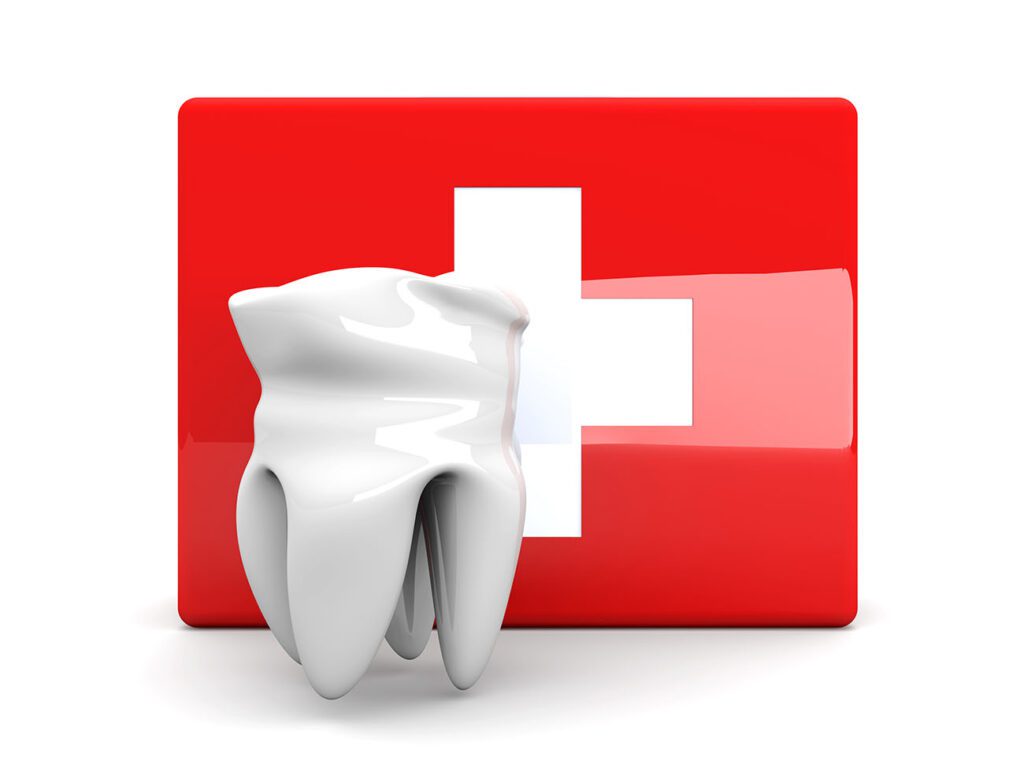There are many activities and situations throughout the day that can cause trauma to our teeth and gums. While many dental problems can wait for treatment, emergencies need to be seen right away to minimize the impact of damage. At Mill Creek Dental, Dr. Ann Aduddell serves as an emergency dentist in Canton, TX.
She sets aside appointment times every day to be able to see patients in the event of a dental emergency. If you suffer trauma or other unexplained problems with your mouth, contact our office right away for an emergency appointment. We also provide general dental services to patients in Canton, TX.

Types of Dental Emergencies
Not every sudden problem with your teeth or gums will constitute an emergency, but you should always contact your dentist as soon as something does happen. If you do experience a true dental emergency, we’ll get you scheduled as soon as possible for immediate exam and treatment.
Extreme Toothaches
Mild tooth pain can be uncomfortable, but a severe toothache can make it difficult to sleep, talk, or eat as needed. If you experience sharp and excessive pain in your mouth, first try rinsing with warm water and flossing the affected area. In some cases, a piece of food stuck between your teeth could be the problem. If the pain worsens or persists, contact your dentist right away to get an exam and determine the source of the ache.
Loose or Knocked-Out Tooth
While it’s common for baby teeth to be loose or fall out, permanent teeth are meant to stay in place. But when force or trauma occurs, it’s possible that your adult teeth may loosen or even be knocked out. If this happens, timing is of the essence. A loose tooth may be able to be saved if you get seen within 12-24 hours.
A knocked-out tooth, however, has an even stricter time period in which the tooth may be restored. However, restoration for a knocked-out tooth will almost always include work such as bone grafting for support. If you do lose a tooth, pick it up, be careful not to touch the root structure, and place it in a glass of milk or saliva to help retain moisture levels.
Getting in to see your emergency dentist quickly enough may provide a small chance to save the tooth. If not, your dentist can recommend restoration treatment options such as dental implants.
Bleeding
The gums and other soft tissue in our mouths can suffer damage that causes bleeding. If you experience excessive bleeding, rinse your mouth with cool water. Then, press a clean cloth or piece of gauze to the area to help with clotting. If the bleeding persists for more than 20 minutes, contact your dentist immediately to see what the problem is and get treatment.
Fractured Tooth
Biting on a hard surface or playing contact sports can sometimes cause your teeth to chip or fracture. While it’s possible to keep your tooth healthy for a few days after impact, the sooner you get treatment, the better. A fractured tooth can be extremely sensitive and painful.
More than that, a chip in your tooth leaves it more susceptible to decay and infection. The sooner you see your dentist to discuss restoration options, the better.
Filling or Restoration Falling Out
While cavity fillings and other restorations, such as dental crowns, are designed to last a long time, they can come loose or fall out. Like a fracture, a lost restoration can leave your tooth vulnerable to further damage.
If possible, keep your restoration in a clean, sterile container and bring it with you to your appointment. In many cases, your dentist may be able to reattach the restoration. If not, they can begin work on replacing your filling or restoration.
Abscess or Infection
When you get an infection or abscess in your mouth, timing is crucial. Infections and disease can spread not just to the rest of your mouth but to other parts of your body as well. If you experience pain and swelling in your mouth accompanied by a fever, emergency dental treatment may be able to help prevent you from getting seriously ill.
Emergency Dentistry FAQs
A dental emergency can happen to anyone. Read the answers to these commonly asked questions to be prepared.
What qualifies as a dental emergency?
A dental emergency involves severe pain, bleeding, infection, or trauma to the teeth or gums that requires immediate care. This can include a knocked-out tooth, a cracked or broken tooth, severe toothache, or an abscess. If you’re unsure whether your issue is an emergency, it’s best to contact your dentist and describe your symptoms to determine if urgent treatment is necessary.
What should I do if I have a toothache?
If you experience a toothache, rinse your mouth with warm salt water to clean the area and reduce inflammation. You can also take over-the-counter pain relievers and apply a cold compress to reduce swelling. However, toothaches can indicate serious issues like cavities or infections, so it is important to see a dentist as soon as possible to address the underlying problem.
Can I go to the emergency room for a dental issue?
Most emergency rooms are not equipped to handle dental emergencies. They can provide pain relief or antibiotics for infections, but you will likely be referred to a dentist for treatment. Suppose you have a dental emergency that involves severe trauma, bleeding, or swelling affecting your ability to breathe. In that case, the ER can provide initial care, but you should still see a dentist as soon as possible.
Is a dental abscess a dental emergency?
Yes, a dental abscess is a serious infection that requires immediate treatment. Symptoms include severe toothache, swelling, fever, and a bad taste in the mouth due to pus. If left untreated, the infection can spread to other parts of your body, so it’s important to seek emergency dental care immediately.
What is considered an urgent dental issue vs. a non-urgent issue?
Urgent dental issues include severe toothaches, abscesses, knocked-out teeth, broken teeth, and any injury causing significant pain or bleeding. Non-urgent issues include minor chips, mild tooth sensitivity, or a loose filling or crown. It’s important to see a dentist promptly for urgent issues, while non-urgent problems can usually wait a day or two without serious consequences.
How can I relieve pain from a damaged tooth before seeing the dentist?
To relieve pain from a damaged tooth, rinse your mouth with warm salt water and take over-the-counter pain medications like ibuprofen. Applying a cold compress to the outside of your cheek can help reduce swelling. Avoid chewing on the affected tooth until you see a dentist for emergency treatment.
Do You Have a Dental Emergency?
Mill Creek Dental is proud to serve the Canton, TX, area for any and all emergency dental needs. As a trained and experienced emergency dentist, Dr. Aduddell can help treat a variety of dental emergencies.
If you suffered trauma to the mouth or notice anything off about your bite, contact us right away to schedule an appointment. The sooner you get an exam, the more likely treatment is to succeed.
